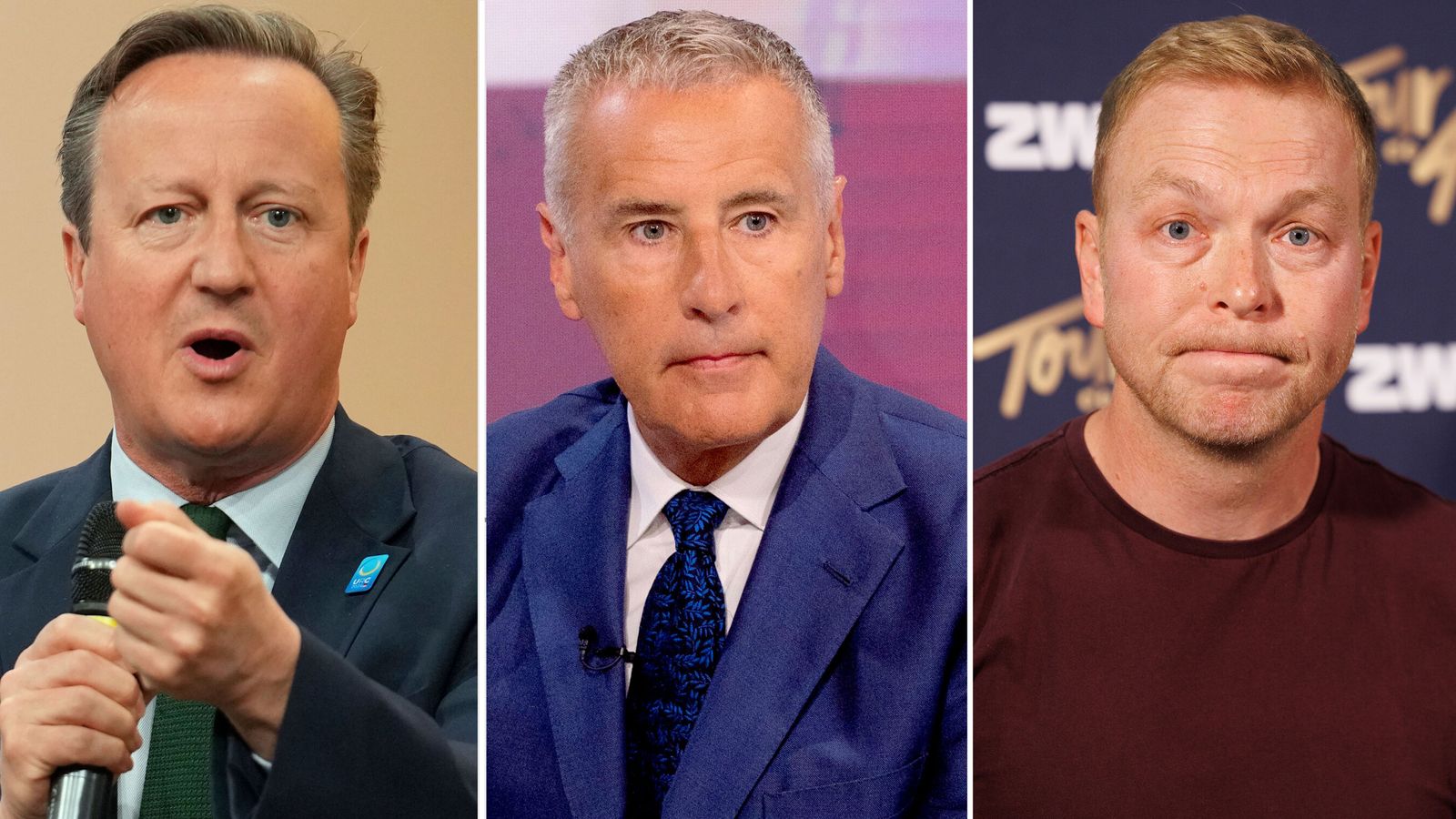Prime Minister Rishi Sunak visited the Eden Project North to announce the £2bn plus Levelling Up investment. (Picture: Owen Humphreys – WPA Pool/Getty Images)
Prime Minister Rishi Sunak has become embroiled in a controversy over ‘Levelling Up’ funding distribution across the UK.
It’s the second time funding has been awarded, and over 100 projects have been backed to the tune of £2.1 billion.
However, the announcement was met with accusations that some wealthy southern areas are receiving funding while poorer northern regions are losing out. According to the BBC, London boroughs will also get more than both Yorkshire and the Northeast of England.
The first round of funding faced similar accusations, and Rishi Sunak was also criticised during his leadership campaign for appearing to boast about moving funding to wealthy areas.
In Parliament, Labour MP for the Rhondda, Chris Bryant, said: ‘The operation of the Levelling Up Fund and the Towns Fund is completely corrupt because it’s not based on need. It’s not based on the poorest communities in the country. It’s not based on levelling up.
‘It’s discretionary and it’s competitive, which rigs itself deliberately against the poorest communities in the land.’
Prime Minister Rishi Sunak has defended the allegations by saying that the north had received the most amount of cash in terms of funding per person.
But just what is the Levelling Up Fund, and who is in charge of it?
Here is what you need to know.
What is the Levelling Up Fund?
The term ‘levelling up’ has been in common use (especially in politics) for a long time.
However, it received prominence during the 2019 election, with the Conservative Party’s promising ‘an agenda for levelling up every part of the UK.’
In 2021, then-PM Boris Johnson renamed the ‘Ministry of Housing, Communities and Local Government’ as the ‘Department for Levelling Up, Housing and Communities (DLUHC).’
To view this video please enable JavaScript, and consider upgrading to a web
browser that
supports HTML5
video
A fund worth £4.8 billion was established, with the Gov.UK website saying that it was aimed at:
Improving jobs, pay and living standards
Making streets safer
Protecting health and wellbeing
Investing in high streets and town centres
Improving local transport
‘Unitary authorities’ such as borough and district councils were invited to bid for the funding via an application process.
£1.7 billion was allocated to 105 projects in round 1 of the Levelling Up Funding in 2021.
With round two’s successful applications announced, £3.8 billion has now been allocated.
Who is in charge of the Department for Levelling Up?
The Department of Levelling Up is run by the Secretary of State for Levelling Up, Housing and Communities.
The office is currently occupied by Michael Gove, Member of Parliament for Surrey Heath. He was re-appointed to the role on 25 October 2022, having previously served in the same position from 15 September 2021 and 6 July 2022.
Michael Gove is the current Minister for Levelling Up, Housing and Communities. (Picture: Stefan Rousseau/PA Wire)
What is the Levelling Up Secretary responsible for?
The Gov.UK website states that the Secretary for Levelling Up is responsible for the following:
Strategic oversight of the department’s business
Minister for inter-governmental relations
Cross-cutting responsibility for Levelling Up
Public Appointments
Concerning the most recent round of funding, Gove has said: ‘We are firing the starting gun on more than a hundred transformational projects in every corner of the UK that will revitalise communities that have historically been overlooked but are bursting with potential.’
MORE : Rishi Sunak took taxpayer-funded jet to fly 28 minutes from Blackpool to Darlington
MORE : Activists pour paint and light flares outside Michael Gove’s office
Follow Metro across our social channels, on Facebook, Twitter and Instagram
Share your views in the comments below
The second round of Levelling Up funding as just been announced.





